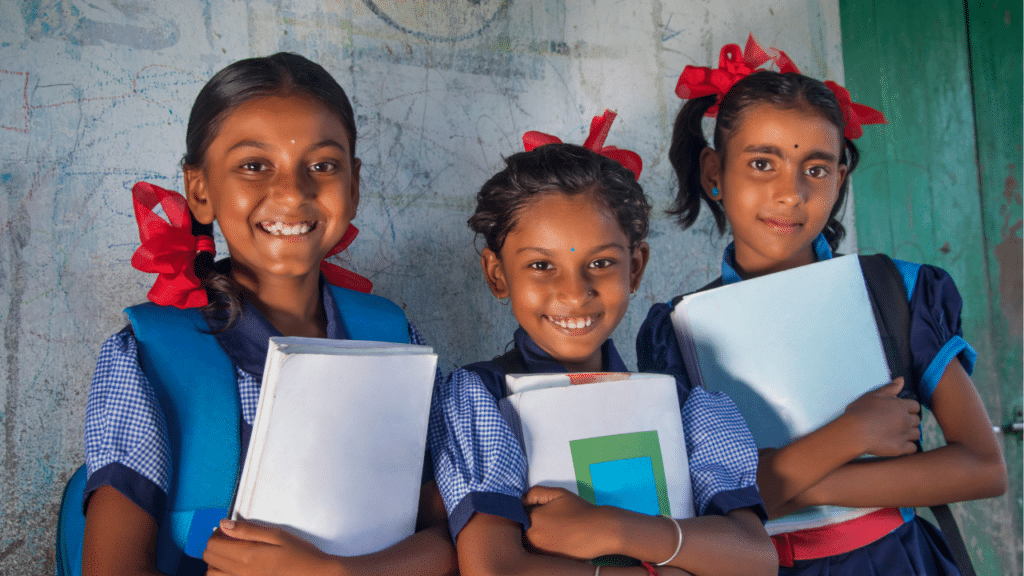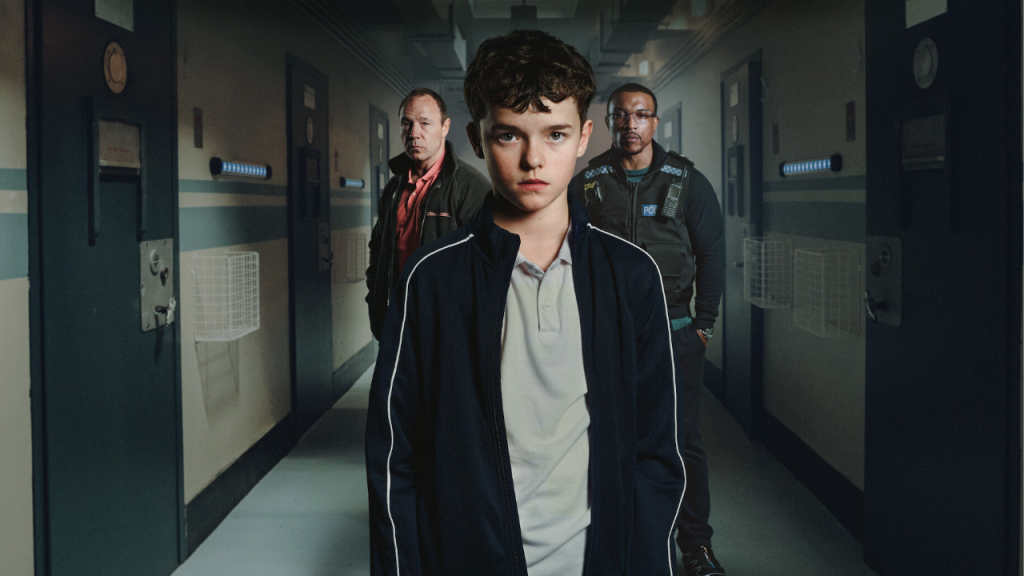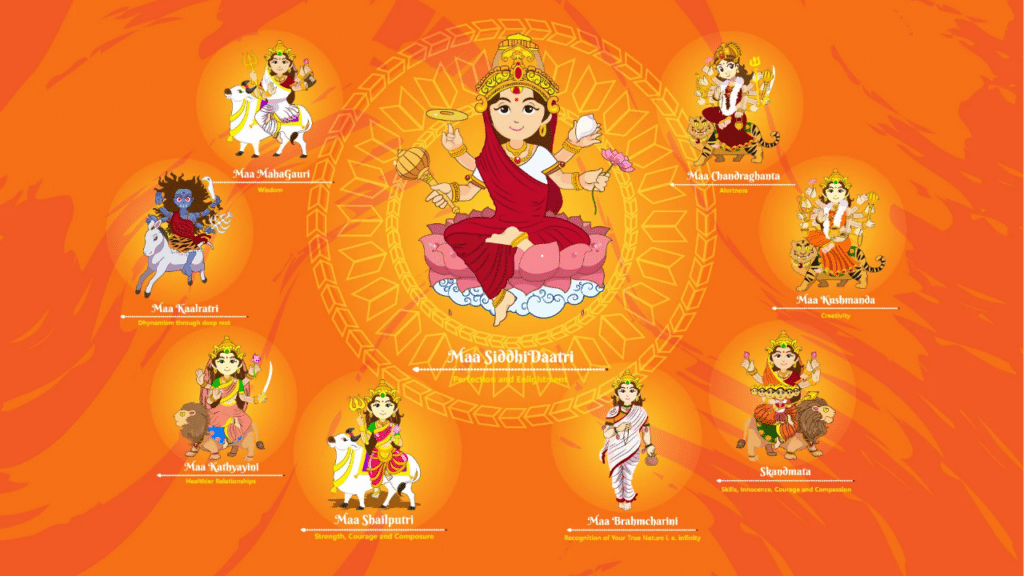Girls Will Be Girls Movie Review

Synopsis
Set against the backdrop of the late 1990s in the scenic foothills of the Himalayas, Girls Will Be Girls tells the poignant story of Mira Kishore, a bright and ambitious schoolgirl who navigates the complexities of adolescence, friendship, love, and family dynamics. As the first girl elected as head prefect, Mira takes her role seriously but soon finds herself caught between conflicting emotions and a developing relationship with Srinivas, a new boy from Hong Kong. The film explores Mira’s evolving relationships with her mother, Anila, her peers, and the tension between teenage love and responsibility, all while grappling with the social pressures of the time.
Plot Overview
The film begins with Mira’s election as head prefect, a significant milestone for her. As she befriends Srinivas, a quiet and charming new student, an emotional bond forms between them, which leads to jealousy and misunderstanding. The dynamics between Mira and her mother, Anila, take center stage when Anila begins to form a friendship with Srinivas, further intensifying Mira’s emotions. Meanwhile, Mira also faces growing hostility from male students after she reports their inappropriate behavior to the principal, Bansal ma’am. As tensions rise, the narrative unfolds through a series of impactful moments, leading to a tense and gripping finale.
Character Development
The film’s character development is thoughtful and relatable. Preeti Panigrahi’s portrayal of Mira is raw and authentic, beautifully capturing the emotional turmoil of adolescence. Kani Kusruti’s performance as Mira’s mother, Anila, is another standout, with subtle nuances in her expressions and silences that communicate a deep emotional bond with her daughter. Kesav Binoy Kiron as Srinivas is charismatic, delivering a compelling performance that strikes a balance between aloofness and vulnerability. The performances are rounded out by a strong supporting cast, including Devika Shahani as the strict but complex principal, Bansal ma’am.
Direction and Screenplay
Shuchi Talati’s direction is both poignant and restrained. Her storytelling captures the essence of a bygone era, set before the internet became a household necessity and before mobile phones changed the way people communicate. While the absence of technology adds to the nostalgic feel of the film, the social issues explored—like the gender dynamics and the mother-daughter relationship—remain universally relevant. Talati’s screenplay is unhurried, drawing out emotional depth without resorting to melodrama. The pacing occasionally slows down, but the heartfelt moments make up for the occasional lag.
Music and Cinematography
The film’s music, composed by Sneha Khanwalkar, features the hauntingly beautiful track “Nazar,” which complements the film’s emotional undertones. While the song may not have lasting commercial appeal, it adds a unique flavor to the narrative. Pierre Oberkampf’s minimalistic background score enhances the realism and emotional intensity of the story. The cinematography by Jih-E Peng is visually striking, bringing the Himalayan landscape and the 1990s era to life with vivid authenticity. The carefully crafted production design by Avyakta Kapur captures the spirit of the time, and the costumes by Shaahid Amir further immerse viewers into the period.
Themes and Dialogues
Girls Will Be Girls delves into themes of love, jealousy, ambition, and social injustice. The film brings forth the complex emotional layers of adolescence, where love and friendship intertwine with personal growth and familial expectations. The dialogues are conversational and grounded, adding to the film’s realism, though a few moments feel slightly underwritten. The gender dynamics and portrayal of Mira’s struggle with both male students and her mother’s relationship with Srinivas are poignant and reflect broader societal issues.
What Worked
- Exceptional performances from the lead cast, particularly Preeti Panigrahi and Kani Kusruti.
- Sensitive handling of complex emotional and social themes.
- Realistic portrayal of the late 90s era.
- Strong cinematography and period-accurate production design.
- Thoughtful direction and screenplay that resonate with a niche but important audience.
What Didn’t Work
- The pace can feel slow in certain scenes, affecting the overall flow.
- Certain subplots, particularly involving Srinivas’s backstory, remain underdeveloped.
- Some supporting characters, though impactful, could have been fleshed out more.
Final Verdict: 4/5 Stars
Girls Will Be Girls is a powerful and sensitive coming-of-age drama that offers a deep exploration of adolescence, familial ties, and societal pressures. While the pacing might be slower at times, the film’s authenticity, strong performances, and insightful storytelling make it a worthy watch. It’s an emotional journey that speaks to a niche audience, but one that will leave a lasting impression on those who connect with its themes.
Should You Watch It?
If you’re a fan of heartfelt, character-driven stories with an emphasis on emotional depth, Girls Will Be Girls is a must-watch. Its portrayal of teenage love and familial relationships, set in a unique historical context, makes it a thought-provoking piece, especially for those who appreciate films with subtle but powerful storytelling.







Responses